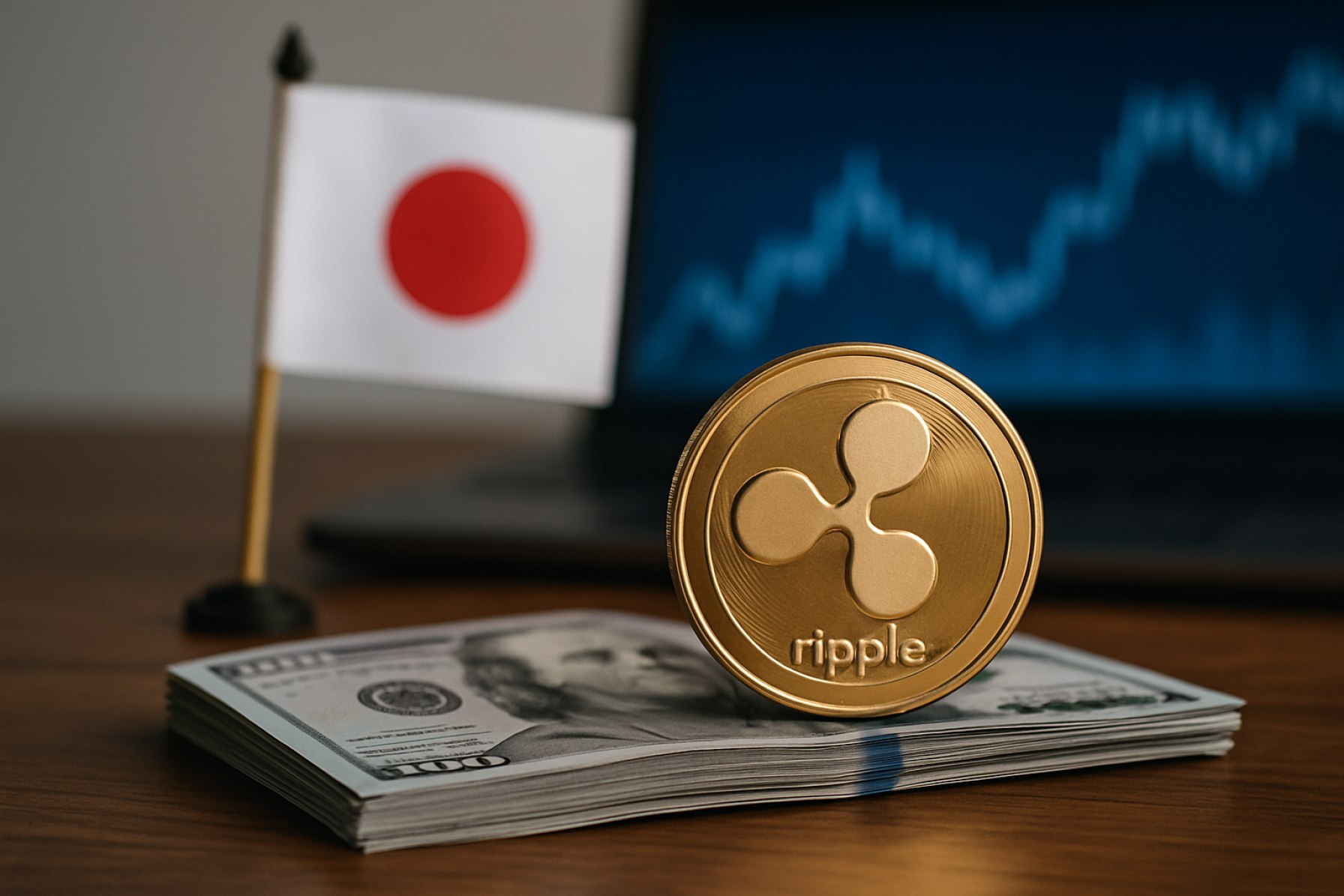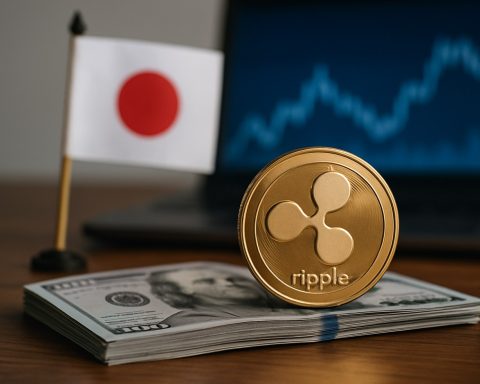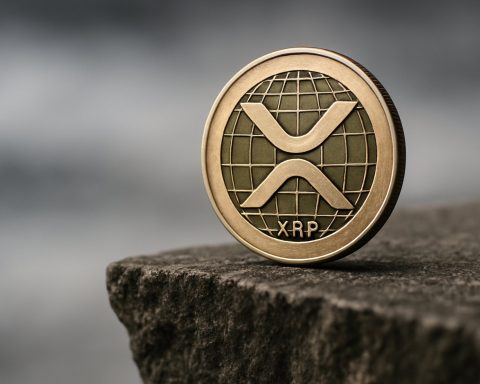Japanese Web3 Revolution: Ripple’s $200K Grants and RLUSD Stablecoin Set to Disrupt Finance in 2025
Ripple deepens its Japan presence with $200K startup grants and RLUSD’s rapid ascent in payments and fintech—discover what’s next for crypto.
- $200,000 grants now available for Japanese startups building on XRPL
- 1 billion XRP ($2.23 billion) committed globally for ecosystem growth
- RLUSD stablecoin earns new listings and Dubai regulatory approval
Ripple is rewriting the crypto rulebook for 2025. Fresh off its monumental legal victory over the U.S. Securities and Exchange Commission (SEC), the blockchain giant is now zeroing in on Asia. A new partnership with Japan’s Web3 Salon accelerator and the bullish rollout of RLUSD, Ripple’s own stablecoin, signal major shifts in the digital finance landscape.
Web3 Salon: The Accelerator Supercharging Japanese Crypto Startups
On June 9, Ripple announced a headline-grabbing partnership with Web3 Salon—a leading accelerator organized by the Japan External Trade Organization (JETRO). The program aims to put up to $200,000 in grant funding in the hands of forward-thinking founders building decentralized finance (DeFi), tokenization, and payment solutions on the XRP Ledger (XRPL).
Ripple isn’t stopping there. This move flows into the company’s wider $2.23 billion commitment to blockchain innovation in Asia and beyond. With its XRPL Japan and Korea Fund, Ripple is laying the groundwork for a new generation of digital financial products straight from East Asia.
Q: What Makes Ripple’s Grants Different?
Ripple’s grants aren’t just cash injections—they come bundled with mentorship, networking, and direct support from both Ripple and Japan’s most influential business leaders through Web3 Salon. Selected teams receive access to a thriving global network, accelerating their growth and market reach.
How Does RLUSD Stand Out in the Stablecoin Race?
RLUSD, Ripple’s dollar-pegged stablecoin, officially launched in December 2024, has made giant leaps across the fintech universe. Now trading on top exchanges like Kraken and Bitget, RLUSD is positioning itself as a strong contender against the likes of USDt and USDC. The stablecoin’s compliance-first design has already won the green light from the Dubai Financial Services Authority, setting the stage for RLUSD adoption in one of the world’s fastest-growing financial capitals.
Q: Why Does This Matter for Japan’s Fintech Scene?
Japan, a nation with deep-rooted banking traditions, is quickly embracing Web3 trends. With Ripple’s grants flowing in, Japanese startups can rapidly build novel DeFi tools and tokenization platforms, reshaping everything from cross-border payments to digital asset management. This is more than funding—it’s a catalyst for mainstream blockchain adoption in a region noted for technological ambition.
How-To: Build on XRPL and Apply for Ripple Grants
1. Form a registered Japan-based startup focused on DeFi, payments, or digital asset tokenization.
2. Explore XRPL’s robust infrastructure for dApps and cross-border payment tools (learn more at xrpl.org).
3. Check eligibility criteria and apply through the official Web3 Salon accelerator, leveraging guidance from JETRO and Ripple engineers.
4. Tap into Ripple’s international network to test, scale, and launch your solution to global users.
Q: What’s Next for Ripple and RLUSD in 2025?
Industry watchers foresee RLUSD bridging decentralized finance and institutional TradFi, given Ripple’s mounting partnerships and ever-expanding regulatory approvals. With stablecoins gaining favor among global banks and fintechs, RLUSD’s growth in Asia could trigger a new era in cross-border financial flows and asset management.
Time to Take Action: Is Your Startup Ready?
- Review Ripple’s XRPL developer documentation
- Align your business model with DeFi or digital payments
- Connect with the Web3 Salon accelerator for mentorship and funding
- Get ahead of Web3 trends—Asia’s next crypto unicorn could be you
Want to stay ahead of the blockchain curve? Track Ripple’s moves at ripple.com and follow further updates from global regulators like the Dubai Financial Services Authority as stablecoins go mainstream.









